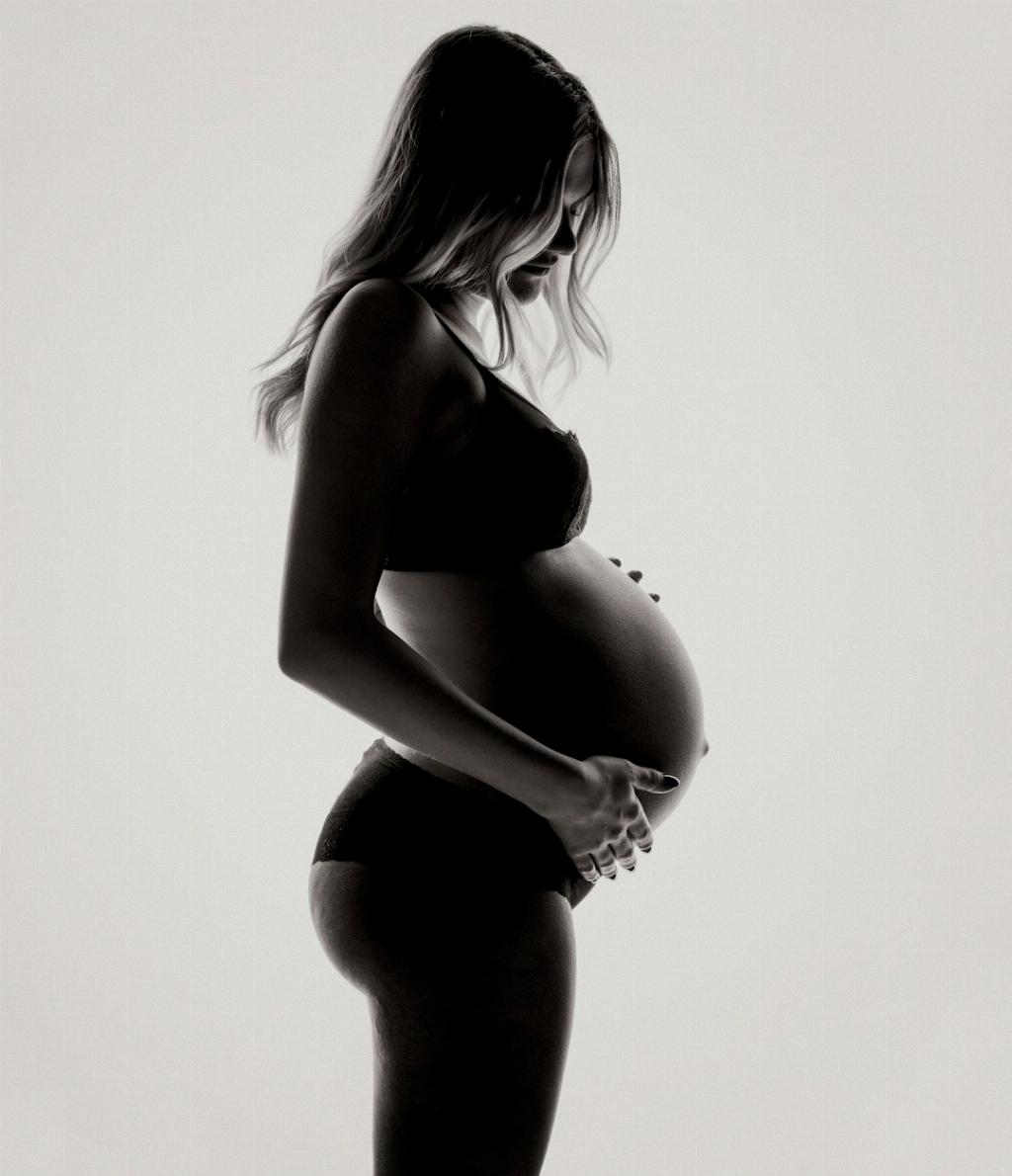When it comes to the topic of pregnancy, the term “tubal ectopic pregnancy” can spark curiosity and concern. So, let’s delve into this complex yet crucial aspect of reproductive health to gain a deeper understanding of what it entails.
The Basics of Tubal Ectopic Pregnancy
A tubal ectopic pregnancy, the most common form of ectopic pregnancy, occurs when a fertilized egg implants and develops outside the uterus, typically within the fallopian tube. This abnormal implantation can result in various complications and requires immediate medical attention.
Causes and Risk Factors
Several factors can contribute to the occurrence of a tubal ectopic pregnancy. Damage to the fallopian tube due to inflammation, scarring, or structural abnormalities can impede the egg’s journey to the uterus, leading to ectopic implantation. Hormonal imbalances and issues with the development of the fertilized egg can also be underlying causes.
Signs and Symptoms
Recognizing the signs and symptoms of a tubal ectopic pregnancy is crucial for prompt diagnosis and treatment. Common indicators include abdominal pain, vaginal bleeding, shoulder pain, dizziness, and rectal pressure. If you experience any of these symptoms, seek medical assistance immediately.
Diagnosis and Treatment
Diagnosing a tubal ectopic pregnancy often involves a combination of physical exams, blood tests to measure hormone levels, and imaging studies such as ultrasound. Once diagnosed, treatment options may include medication to stop the growth of the pregnancy or surgical intervention to remove the ectopic tissue.
Potential Complications
If left untreated, a tubal ectopic pregnancy can lead to serious complications such as rupture of the fallopian tube, internal bleeding, and life-threatening emergencies. Therefore, timely diagnosis and appropriate management are critical for preventing adverse outcomes.
Emotional Impact
Dealing with a tubal ectopic pregnancy can be emotionally challenging for individuals and couples. Coping with feelings of loss, confusion, and uncertainty is a normal part of the process, and seeking support from loved ones or professional counselors can help navigate these emotions.
Reproductive Health Considerations
For individuals who have experienced a tubal ectopic pregnancy, discussions with healthcare providers about future reproductive options and risks are essential. Depending on individual circumstances, alternatives such as in vitro fertilization (IVF) or assisted reproductive technologies may be considered.
Prevention Strategies
While not all cases of tubal ectopic pregnancy can be prevented, certain measures can reduce the risk of experiencing this condition. Maintaining a healthy lifestyle, undergoing routine gynecological exams, and promptly addressing any reproductive health concerns are key preventive strategies.
Educational Awareness
Enhancing public awareness and education about tubal ectopic pregnancy is crucial for promoting early detection and appropriate management. By sharing accurate information and resources, healthcare professionals can empower individuals to make informed decisions regarding their reproductive health.
Research and Advancements
Ongoing research efforts in the field of reproductive medicine continue to uncover new insights and advancements in the diagnosis and treatment of tubal ectopic pregnancy. By supporting research initiatives and clinical trials, we can contribute to improving outcomes for individuals affected by this condition.
Final Thoughts
In conclusion, understanding the complexities of tubal ectopic pregnancy is crucial for promoting proactive healthcare practices and informed decision-making. By staying informed, seeking timely medical attention, and fostering open communication with healthcare providers, individuals can navigate the challenges of this condition with resilience and support.

